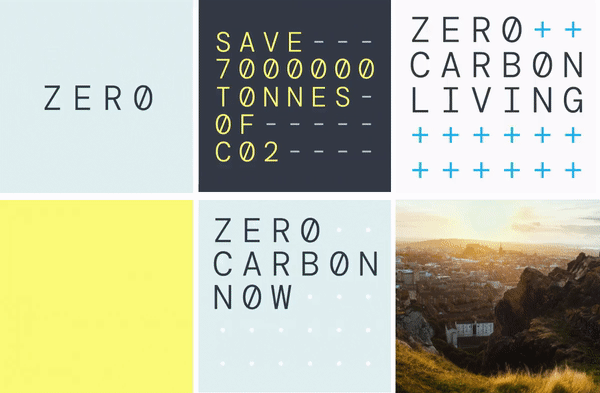Net Zero Carbon Living
If we have ambitions to be a net zero society by 2045, it is crucial that we change our building standards. Those we currently use on new homes may save some energy and reduce the cost of living, but they do not get close to achieving zero emissions. We need a new way to build affordable houses as we work to meet Scotland’s housing needs. A net zero society must start with net zero housebuilding.
The Anderson Bell Christie strategy can be implemented on a mass scale immediately, as the building specifications and materials it advises are all readily available to housebuilders and do not disrupt the procurement process.
Within the UK, this is the first approach to mainstream net zero carbon for all new homes by:
-
Minimising any cost increase to build (within 10 and 12% of current practices),
-
Using processes, standards and materials that are readily available,
-
Preventing disruption to existing procurement and supply chains, and,
-
Being applicable to all housebuilders, meaning it can be delivered on a mass scale now.
There are four components to the ABC net zero strategy, all of which must be applied to achieve a net zero outcome:
1. Building fabrics: housebuilders must adopt a pre-selected series of internationally-recognised energy efficient fabric specifications. Less effective measures will be left out of construction plans, so that they don’t impact cost and deliverability on a mass scale.
2. Provide renewable heat: heat the home with heat pump technology to deliver space heating and hot water in an efficient way. Ideally use communal heat pump systems for entire developments.
3. Generate renewable electricity: size solar panels to meet hot water demand in the home only: energy made on site is then used on site; this keeps construction costs low.
4. Community carbon: the final 15 per cent of the way to net zero requires the tenant to offset their energy use; this can be shared in the entire community through carbon reduction measures such as active travel, use of electric cars, local food production, green roofs and more. Anderson Bell + Christie call these “community carbon strategies”.
The ground-breaking approach which would prevent more than 7 million tonnes of CO2 from entering the atmosphere from new homes due to be built in Scotland by 2045 - the year the Scottish Government aims to become a net zero society – is ready to be implemented today.
The Anderson Bell + Christie method would help to deliver a positive impact on the fight to tackle Scotland’s fuel poverty crisis, by saving all new homes more than £880m in energy bills by 2045. This represents a 34 per cent saving when compared to a current standard newbuild. In Scotland today, 279,000 households are living in extreme fuel poverty.
